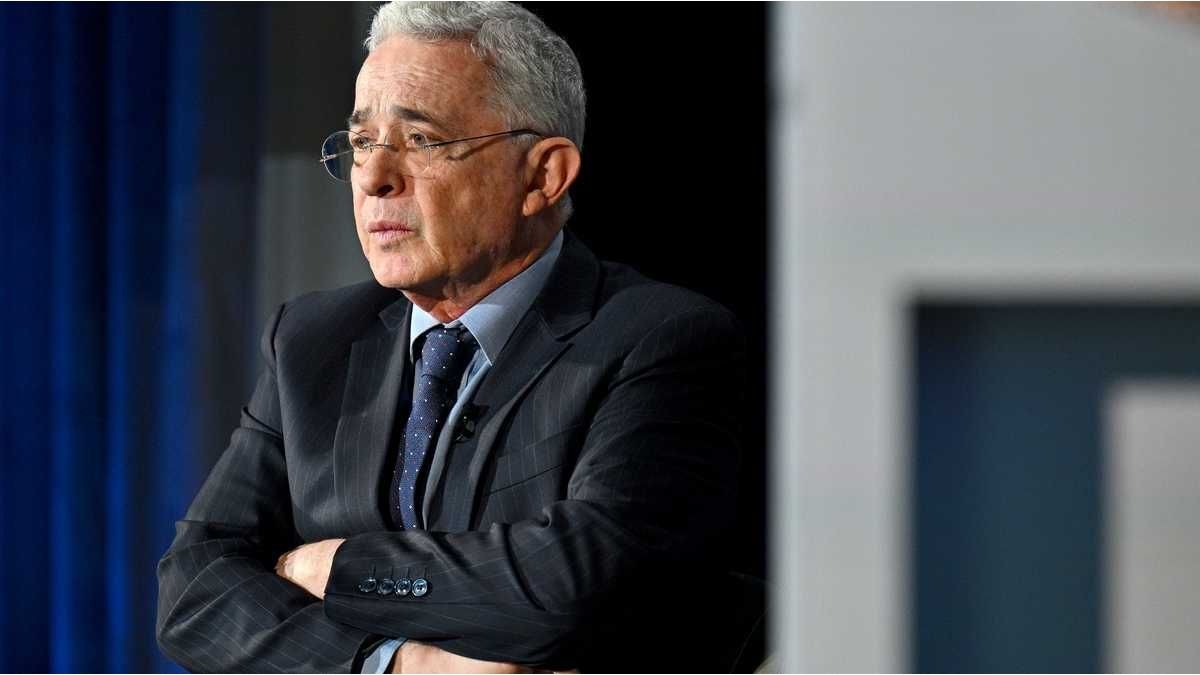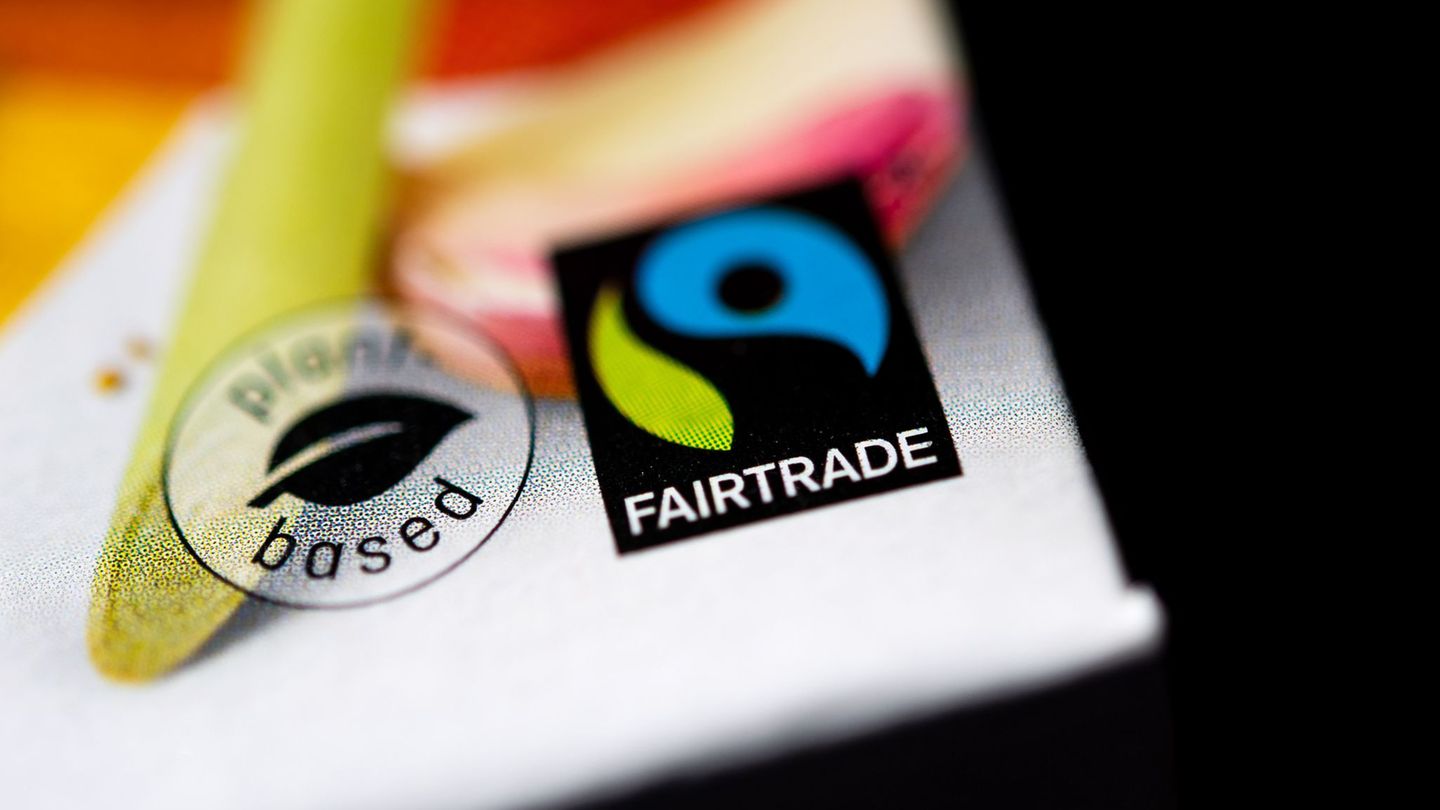Menu
Fair cultivation and trade: Germans buy significantly more fairtrade products
Categories
Most Read
After 55 years: the last Ford car in Saarland will soon roll off the assembly line
October 22, 2025
No Comments
How the real economy arrives at the 2025 legislative elections
October 21, 2025
No Comments
More than 96% rule out creating jobs in the face of greater uncertainty
October 21, 2025
No Comments
Emissions trading: Brussels wants to prevent price jumps for refueling and heating
October 21, 2025
No Comments
the benefits of Buepp for CABA users in October 2025
October 21, 2025
No Comments
Latest Posts

The Superior Court revoked the conviction of Álvaro Uribe for bribery and procedural fraud
October 22, 2025
No Comments
October 22, 2025 – 00:07 The ruling annulled the twelve-year prison sentence against the former Colombian president and questioned the assessment of evidence in the

Gaza Accords: Bodies of hostages handed over by Hamas identified
October 22, 2025
No Comments
IvanI have been working in the news industry for over 6 years, first as a reporter and now as an editor. I have covered politics

Survey: Many people buy Advent calendars for themselves
October 22, 2025
No Comments
Opinion poll Many people buy Advent calendars for themselves Copy the current link Add to watchlist Not just for children: the anticipation of Christmas is
24 Hours Worlds is a comprehensive source of instant world current affairs, offering up-to-the-minute coverage of breaking news and events from around the globe. With a team of experienced journalists and experts on hand 24/7.

